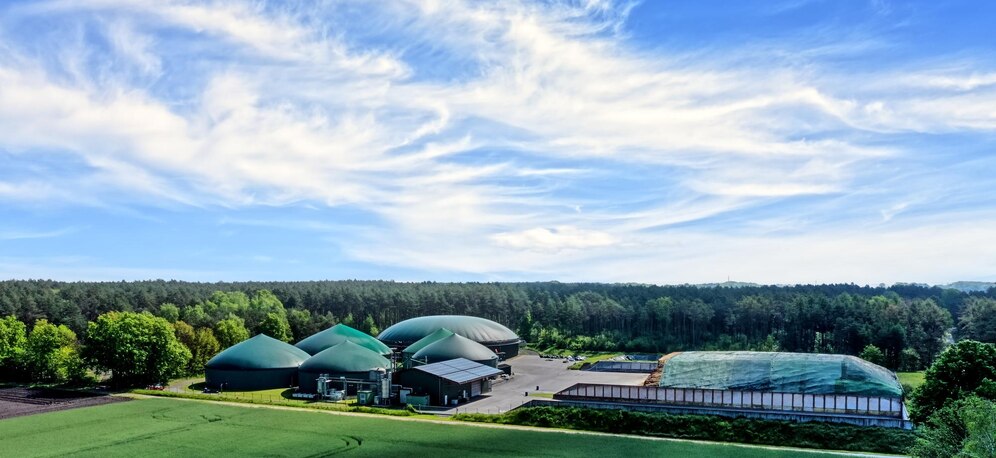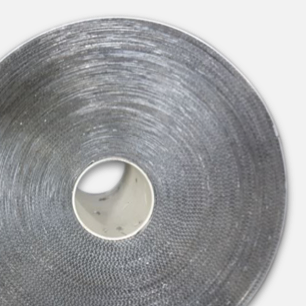
FOR ALL INQUIRIES: Contact Us at info@nucapenergy.com

In the pursuit of cleaner energy sources, hydrogen stands as a remarkable contender. One pivotal avenue for advancing hydrogen production lies in the innovative utilization of materials with intricate surface features, characterized by multiple spikes that instigate nucleation points.
The concept is ingenious: by employing enhanced surface materials covered by these microstructures, the surface area available for electro-chemical reactions is dramatically increased. This surge in active sites prompts more efficient hydrogen generation processes. As water molecules come into contact with the enhanced surface, they encounter optimal conditions for nucleation – the initial phase of hydrogen (and oxygen) generation.
The result is a rapid and intensified release of hydrogen gas, propelled by the abundance of nucleation points. This not only accelerates the production rate but also necessitates lower energy inputs, fostering a more energy-efficient approach to hydrogen generation.
By minimizing energy requirements and maximizing output, this innovation contributes to the reduction of greenhouse gas emissions associated with conventional hydrogen production methods.
Pool boiling, a fundamental heat transfer phenomenon, plays a pivotal role in various industries, underpinning essential processes and applications. This phenomenon occurs when a heated surface interacts with a liquid, causing rapid vaporization and the formation of bubbles. The significance of pool boiling extends far beyond its scientific intrigue, finding critical applications in sectors ranging from energy to manufacturing.
In the realm of energy production, pool boiling is a cornerstone of thermal power plants and nuclear reactors. The process is harnessed to efficiently transfer heat from reactor cores or steam generators, driving turbines to generate electricity. This enables the conversion of thermal energy into electrical power on a large scale. Pool boiling's efficiency and ability to manage high heat fluxes are crucial for maintaining the stability and safety of energy generation systems.
In sum, the pool boiling process stands as a foundational mechanism with multifaceted applications across industries. Its ability to efficiently manage heat transfer, whether for energy production or advanced manufacturing, underscores its vital role in driving technological innovation, operational efficiency, and the overall progress of diverse sectors.
In the realm of agricultural practices, optimizing post-harvest procedures is crucial for preserving crop quality and reducing losses. One transformative technique that is gaining traction is the integration of solar thermal collectors into crop drying processes.
Traditionally, crop drying involves energy-intensive methods that often rely on fossil fuels. However, the adoption of solar thermal collectors offers a sustainable alternative. These collectors harness the sun's radiant energy to generate heat, which is then directed towards drying agricultural produce. This approach not only minimizes dependence on non-renewable resources but also significantly reduces operating costs.
Highly efficient solar thermal collectors built using our enhanced surface excel in their ability to provide consistent and controlled heat, ensuring that crops are dried evenly and efficiently. Whether it's grains, fruits, or vegetables, the utilization of solar thermal technology helps maintain the nutritional value, color, and overall quality of the harvested produce. Moreover, the integration of solar thermal collectors aligns with the broader shift towards eco-friendly agricultural practices.


The quest for sustainable energy sources has led to innovative strategies that harness various renewable resources. Biogas, a valuable renewable energy source generated from organic matter decomposition, holds immense potential for mitigating our energy demands and reducing environmental impact. To further amplify the efficiency of biogas production processes, a novel approach involves integrating solar thermal collectors into the system.
Solar thermal collectors made from our material with enhanced surface are extremely efficient harnessing the sun's radiant energy and converting it into heat. By strategically coupling these collectors with biogas production facilities, a dual-purpose synergy emerges. The collected solar heat can be directed towards enhancing the digestion process of organic feedstock within the biogas reactor. Elevated temperatures foster microbial activity, accelerating the decomposition of organic matter and thereby increasing biogas yield.
Design for the Future, Outperform your Competition – Partner with NUCAP Energy

Fighting Pandemics (Current and Future Ones) by Retrofitting our Buildings with High Efficiency Ventilation Systems and Hydronic Heating
Properly built air-flow systems for public buildings (offices, schools) and private dwellings are a low-tech approach to fight the current and future pandemics. These systems should prevent cluster infections to allow people to safely work and learn in large groups in one room.
Currently most of the buildings in North America use hot air to heat the interior. All toxins, bacteria and viruses are just being spread by the hot air circulating inside the buildings. Hydronic heating in tandem with proper ventilation and heat recovery systems are positioned for the future vast market demand for retrofits.
GRIPMetal allows for a substantial improvement of efficiency of all these systems: radiant heating, ventilation, and heat recovery.

NUCAP Energy isn’t the only NUCAP family of companies fighting COVID-19. With their own individual efforts, other NUCAP divisions are doing their part to fight this pandemic.

Our Spidertech division has found a way to use its Kinesiology tape technology to create wearable face masks that are safe and easy to use. Because these masks are strapless they never fall or get out of place. See more at: www.spidertech.com


Our GRIPBlock division has developed a LEGO like building technology that’s helping our restaurants and schools stay safe. With social distancing shelters and walls. Just another way NUCAP technology making our public spaces safe again. See more at: www.gripblock.com
